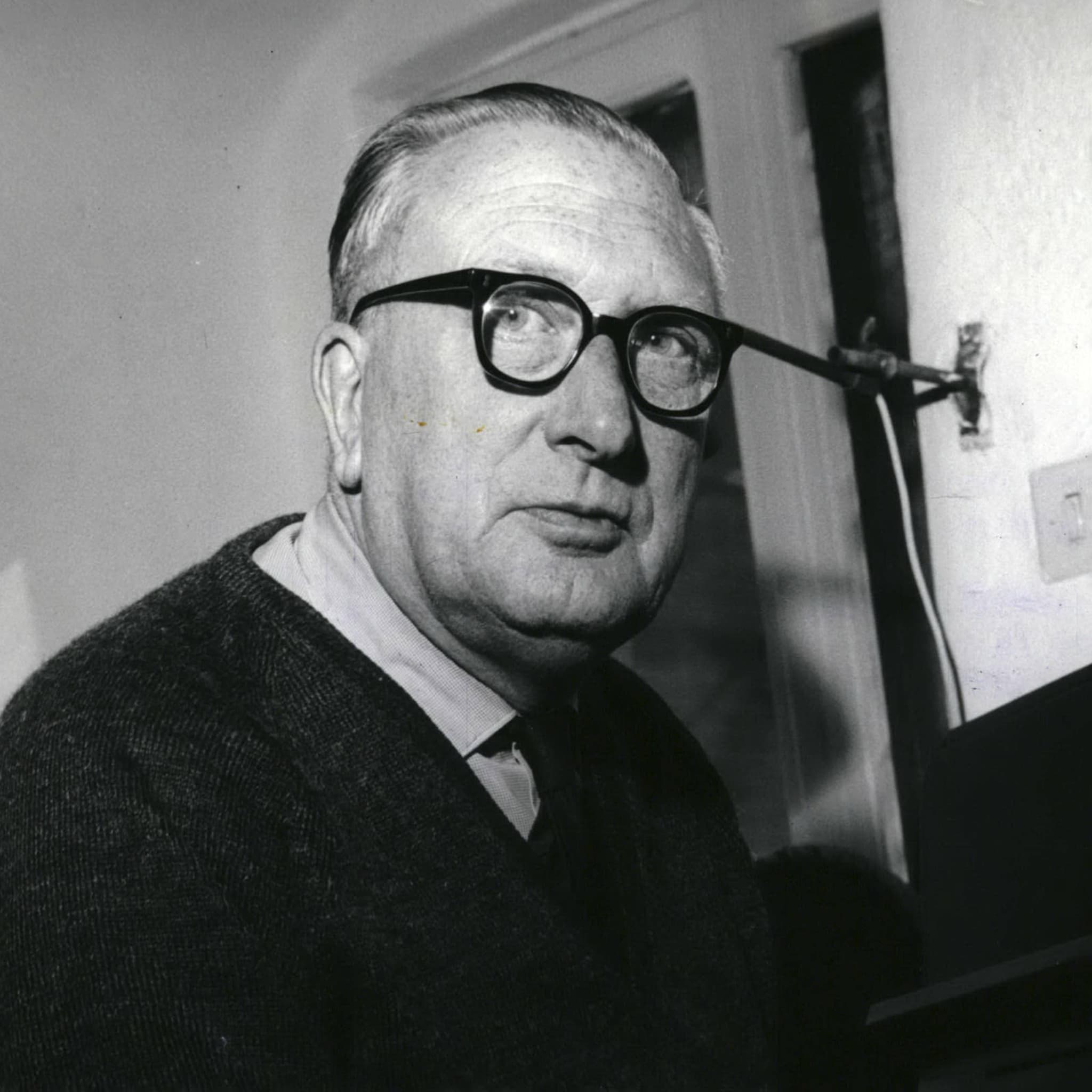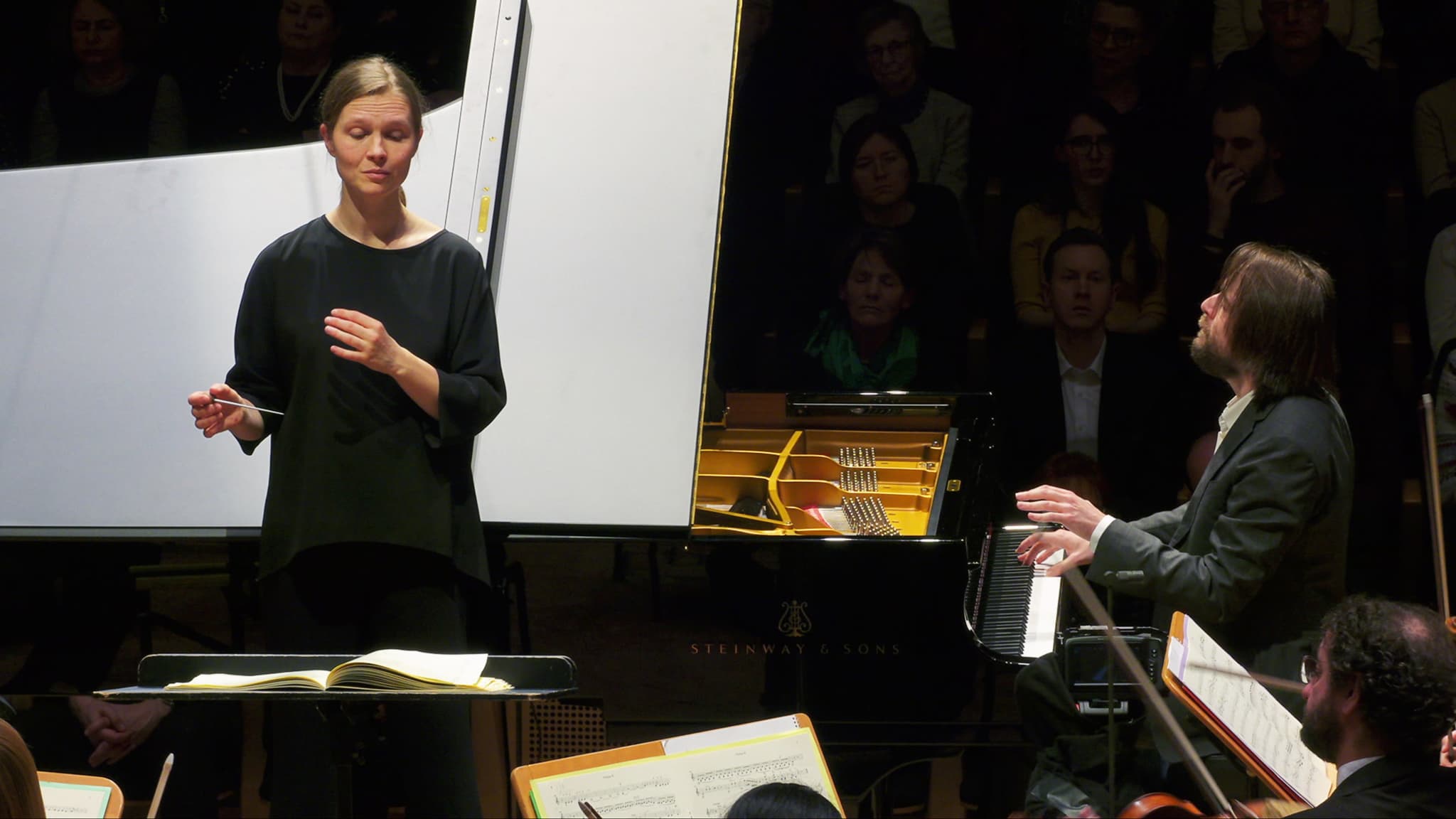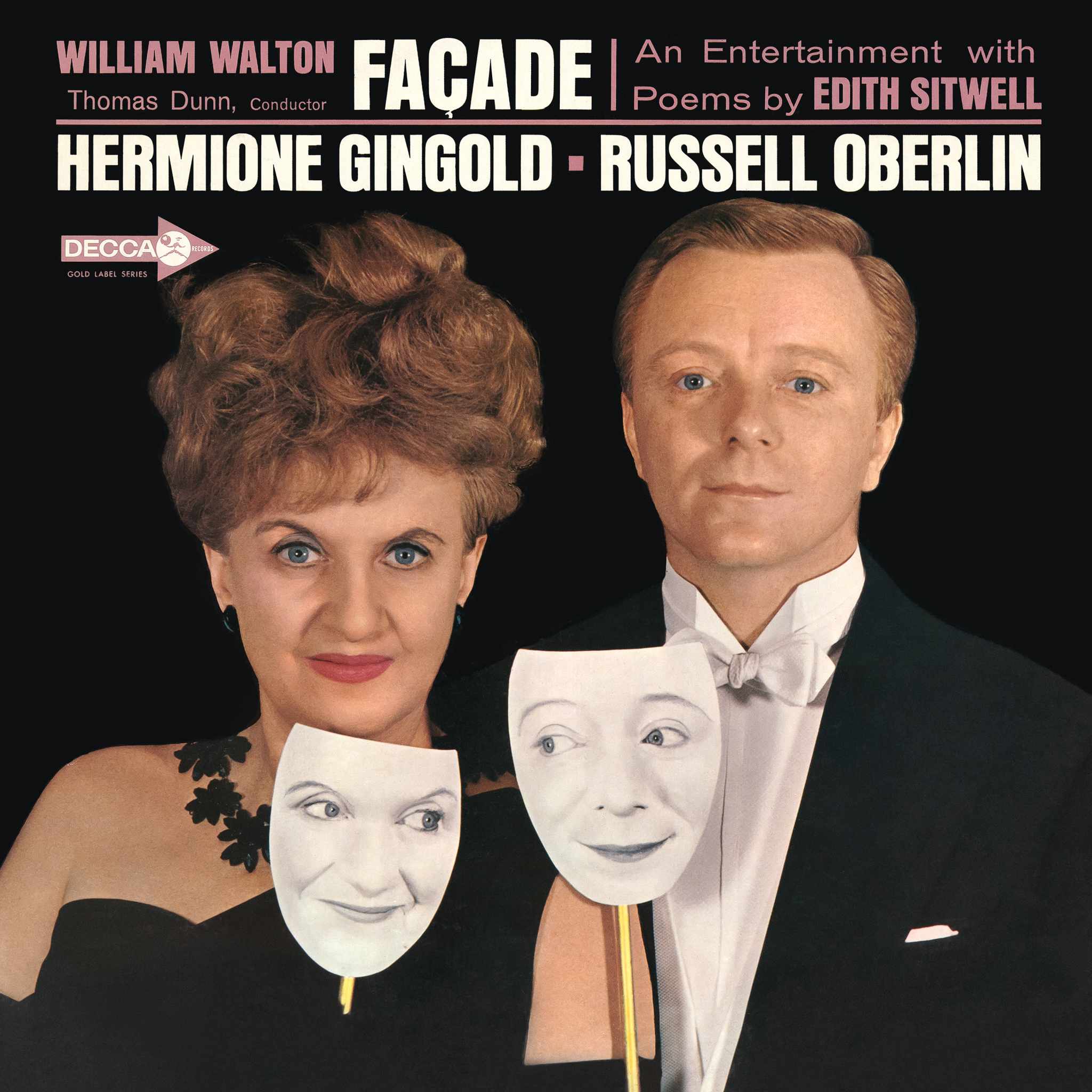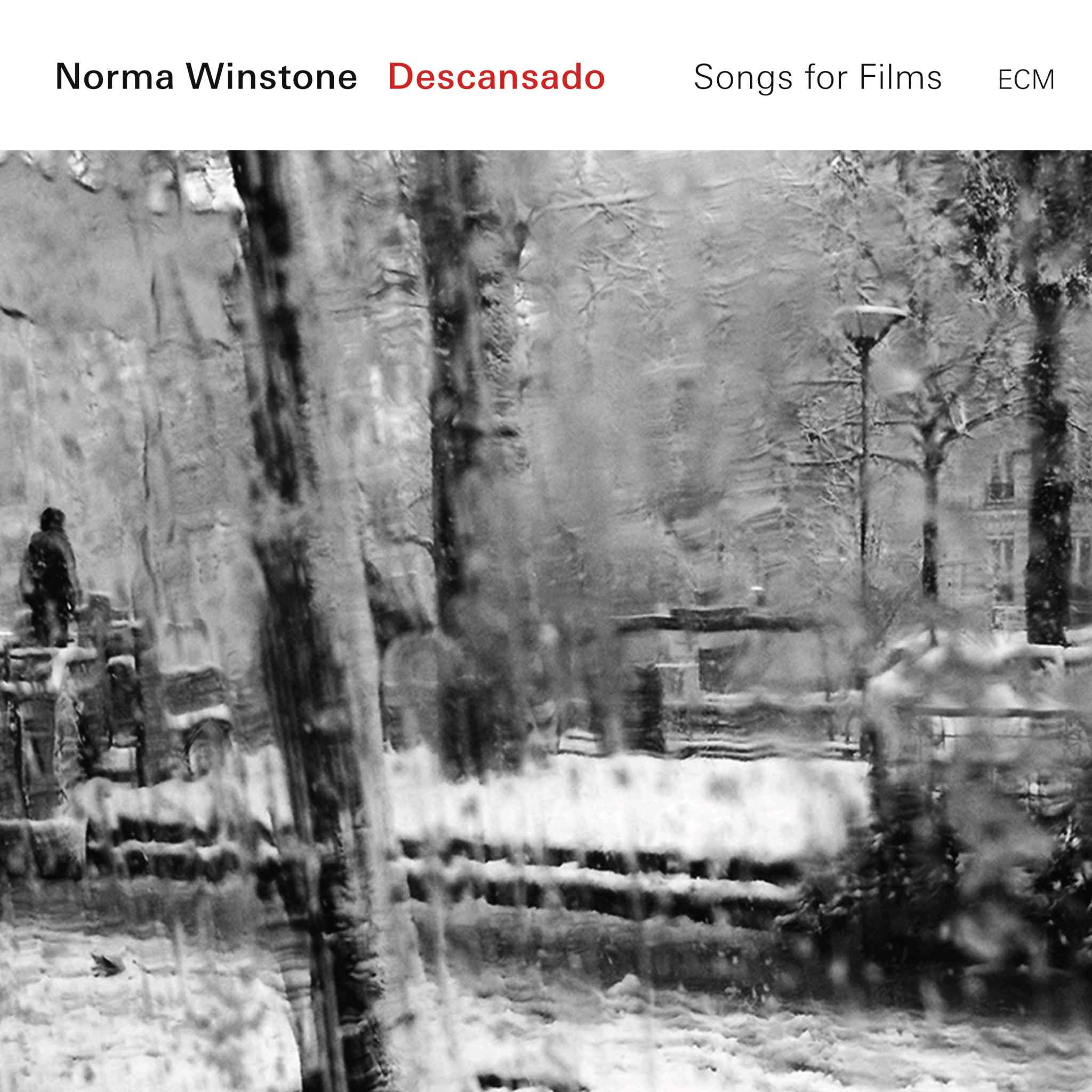William Walton: Life and Fascinating Works of the British Composer
William Walton (1902–1983) stands as a leading figure among 20th-century British composers, renowned for his vibrant, emotionally charged scores that span orchestral, choral, chamber, and film music. Born in Oldham, Lancashire, Walton’s early promise as a composer blossomed while a chorister and student at Christ Church, Oxford. He soon became associated with the avant-garde London arts scene, particularly through his friendship with the influential Sitwell siblings.
Key Works and Musical Contributions
Walton's first major success, Façade (1923), created in collaboration with Edith Sitwell, was a surreal, jazz-influenced "entertainment" that challenged musical conventions and established his reputation as a modernist provocateur. This work, along with Portsmouth Point (1925), an energetic orchestral overture showcasing Walton’s rhythmic vitality and jazz accents, helped solidify his place in the world of British classical music.
His major orchestral and choral works include Belshazzar’s Feast (1931), a dramatic choral cantata that reinforced Walton’s reputation for bold, large-scale composition, and Viola Concerto (1929), which marked a turn to a more lyrical and introspective style. Symphony No. 1 (1934–35), noted for its passion and technical brilliance, received critical acclaim for its emotional fervor and inventive orchestration.
Ceremonial and Film Music
Walton's versatility as a composer is evident in his ceremonial and film music. Crown Imperial (1937) is a march composed for the coronation of King George VI, reflecting the ceremonial style that characterized some of Walton’s later works. He also composed another coronation march, Orb and Sceptre, for Queen Elizabeth II’s coronation in 1953. His film music composed during World War II for Laurence Olivier’s morale-boosting adaptation of Henry V (1944) furthered his reputation as a versatile composer.



















